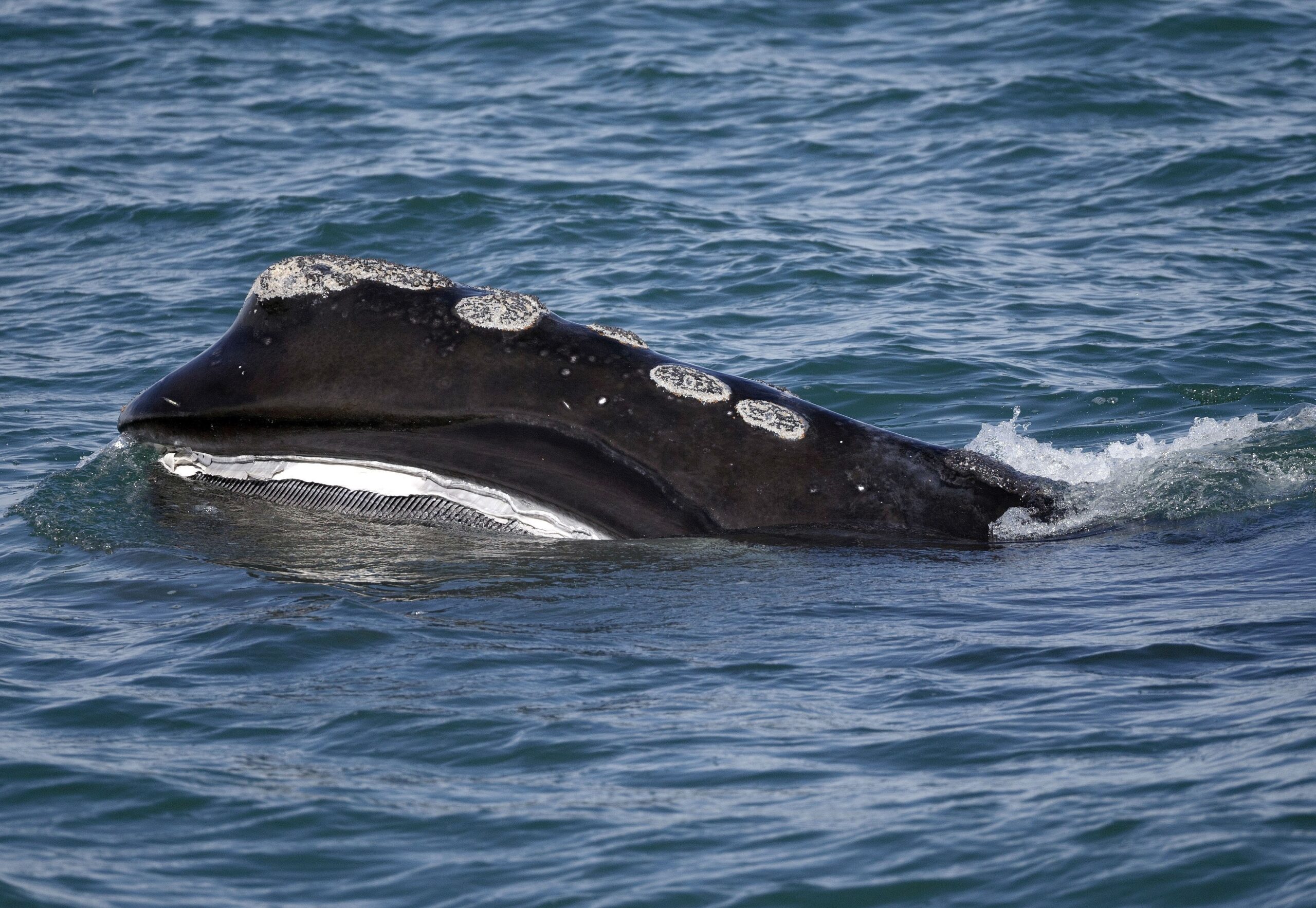A judge has ruled the federal government failed to adequately protect endangered whales from lobster fishing activities, sending the industry and regulators scrambling to figure out what the future holds for one of America’s most lucrative marine industries.
Environmental groups sued the U.S. government claiming regulators’ failure to protect the North Atlantic right whale from harm was a violation of the Endangered Species Act. U.S. District Judge James Boasberg ruled Thursday that the National Marine Fisheries Service did just that by understating lobster fishing’s ability to kill the whales via entanglement in ropes.
Boasberg’s ruling states the service found the “American lobster fishery had the potential to harm the North Atlantic right whale at more than three times the sustainable rate,” but did not take appropriate action about that risk. A remedy will come in the future, the ruling states.
Environmental groups, including the Center for Biological Diversity, which filed the lawsuit, heralded the ruling as a victory in the fight to protect the whales, which number only about 400.
“This decision should send a clear signal that federal officials must take immediate action to protect these amazing animals from suffering more deadly, painful entanglements before it’s too late,” said Kristen Monsell oceans legal director at the Center for Biological Diversity.









